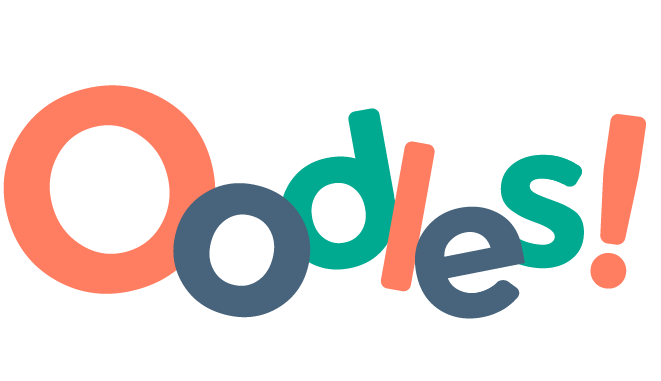Is it too early to start thinking about this?
Receive a well-rounded, internationally recognised diploma.
You may think that A-Levels and BTEC are the mainstream options if you want to continue your studies after GCSEs, but the International Baccalaureate (IB) provides another option, receive a well-rounded, internationally recognised diploma.
What is IB?
The IB Diploma programme aims to provide an academically challenging and balanced programme of education that prepares students for success in higher education and life beyond. It has been designed to address the intellectual, social, emotional and physical well-being of students. IB runs along the same timeline as A-Levels so can be started after GCSEs at age 16 and finished at 18.
Why IB?
Universities worldwide recognize the strength of the IB, with most of the UK’s universities holding official policies for admitting IB students to their courses. IB is suited to students who wish to keep a breadth of subjects and not specialise like you do with A-Levels. IB is generally considered to be more academically challenging than A-Levels.
How does IB work?
IB’s main ethos revolves around 10 core traits they’d like their students to develop. They would like their students to be/have:
- Inquirers
- Open-Mindedness
- Caring
- Communicators
- Balanced
- Reflective
- Knowledgeable
- Principled
- Thinkers
- Risk-Takers
Unlike A-levels where you take 3/4 subjects, in IB you will take 6 subjects the whole way through to offer a more well-rounded education.
1. Studies in Language and Literature – This is literature in your native language. So English for most UK students. This language is called Language A.
2. Language Acquisition – This is a new language e.g. Spanish or French. This is called language B.
3. Individuals and Societies – Humanities subjects e.g. Economics or History.
4. Experimental Sciences – All the sciences e.g. Chemistry/Physics.
5. Maths
6. Electives – Any subject from the other 5 groups.
You then choose to take 3 Higher Levels (HL) and 3 Standard Levels (SL). HLs go into far greater depth than SLs. They require great analytical and critical thought. SLs focus on the breadth of the subject aiming to cover many topics. With IB there are 2 types of assessment; Internal Assessments (IA) and Exams. IAs can be varied from a controlled essay, presentation or a group conversation. They are marked by your teachers and a select few are sent to an official grader for moderation. Exams will be taken in an exam hall under usual exam conditions with certified invigilators overseeing them. As well as these 6 subjects you will also choose from:
Theory of Knowledge (TOK). This is a more philosophical subject and goes into topics such as; how we know what we know, how we perceive the world and what is the truth. There are no exams in TOK just an essay and presentation which are graded from A-E.
Extended Essay (EE). Your EE is a 4,000-word research paper on a topic of your choosing from a subject you’re taking. This is sent to be graded by 2 official examiners and will also score a grade of A-E.
Creativity, Activity, Service (CAS). CAS focuses on developing well-rounded students with extra-curricular activities. These are not assessed and most of the things you do in your free time already will count towards it. CAS works on a pass/fail basis.
IB vs A-Levels
Here are some things you should consider when deciding between A-Levels and IB:
Availability. Only 218 schools in the UK offer the IB Diploma programme. Therefore, the likelihood is you’re not at one already. It is also unlikely there is one in your local area meaning some sacrifices would have to be made in order to take IB.
Reputation. IBs are more internationally respected than A-Levels, it’s in the name. If you’re wanting to go to University in the US or any other country, IB should be your preference.
IB is more work. Well, this is true and false at the same time. An A-Level student wanting to achieve 3 A*s will work every bit as hard as an IB student trying to get over 40 points. However, an A-level student after a quick CCC will have to work a lot less than someone trying to get the minimum IB score of 24.
Diversification. Or lack of in A-Levels case, it’s in no doubt that IB gives you a more well-rounded education. However, this is not always beneficial. A student who excels in Maths and knows for a fact they’d like to study Maths at University would not suit IB well. At A-Level they could study Math, Further Maths and Physics. The IB course could never get close to the amount of Maths that student would be doing. Therefore, you must consider whether you’d like to specialise or diversify.







